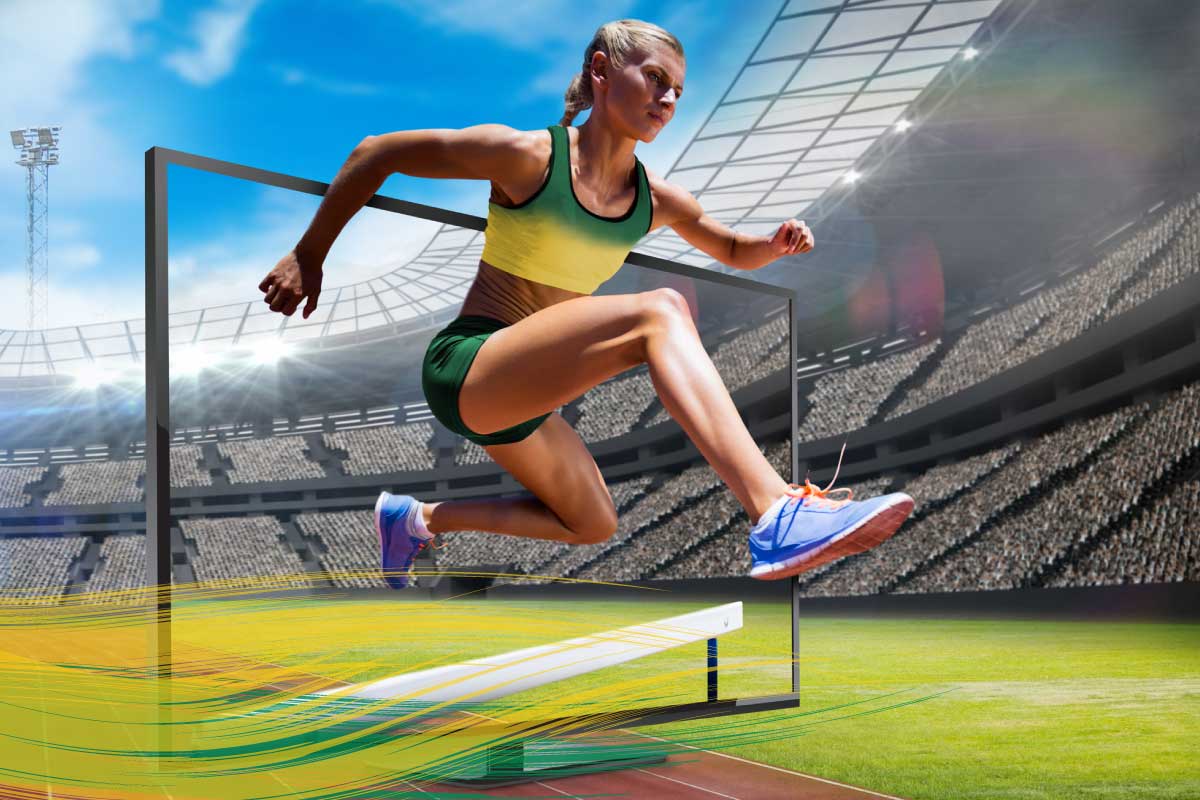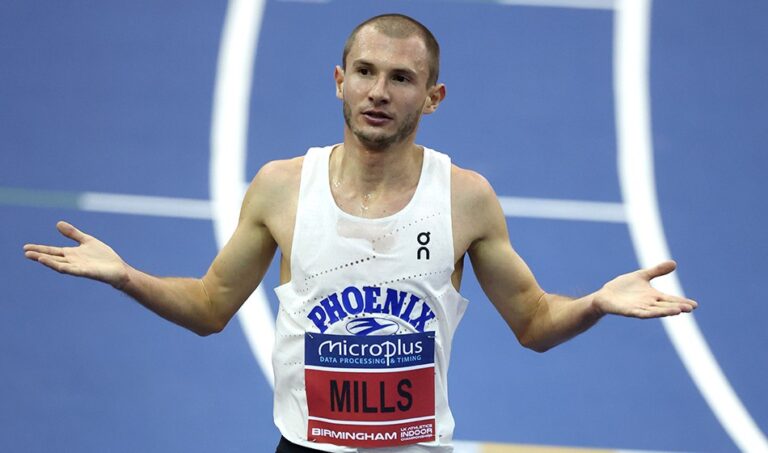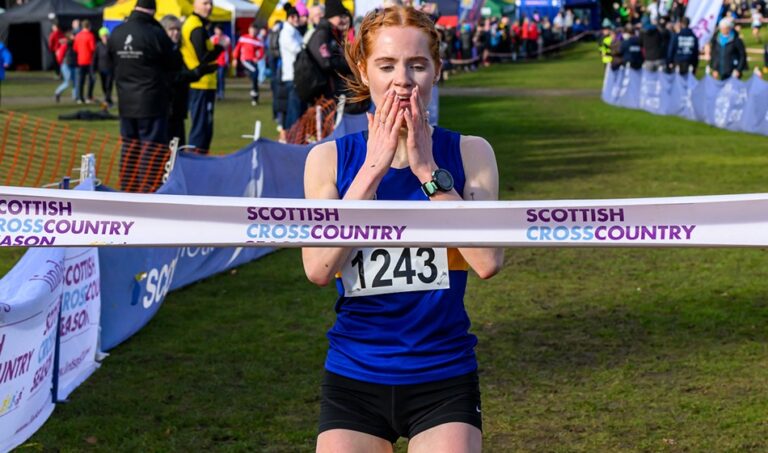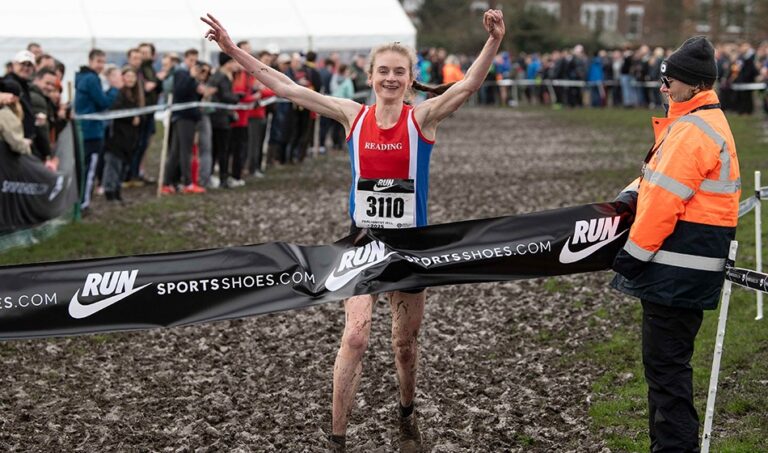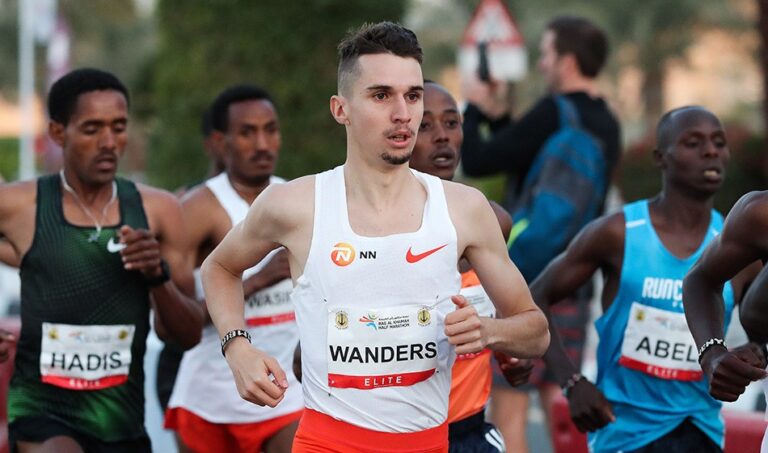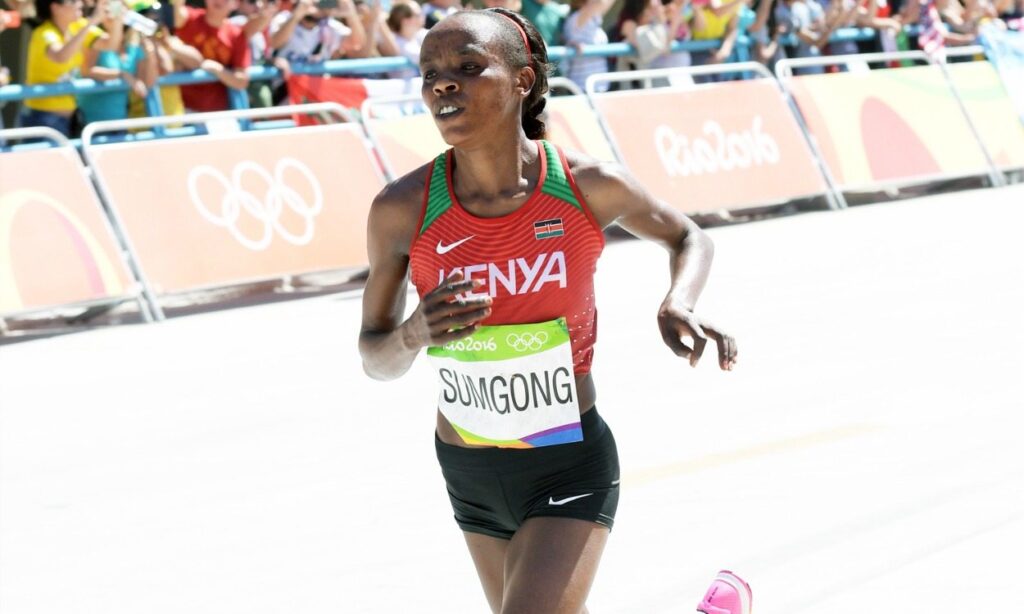
Brett Clothier, head of the Athletics Integrity Unit, talks to Matt Majendie about the next challenge in the fight against doping, why positive cases are good news and why more sports should be following suit
Brett Clothier makes no apologies for athletics’ negative headlines – be that the Russian doping scandal the current list of 120 Kenyan athletes banned from participating in the sport, and everything in between.
The Australian is head of the Athletics Integrity Unit, set up in response to the Russian scandal and the corruption centred around IAAF president Lamine Diack initially to scepticism from some quarters. But barely a week seems to go by without the AIU, a body which prides itself on being entirely independent from World Athletics, having sanctioned an athlete for a doping misdemeanour. Rather than sullying the sport, Clothier argues it is having quite the opposite effect.
Athletics
“Every case is not a disaster for the sport,” he says. “I think we can look at ourselves and fans of our sport can say there’s a growing credibility because we’re one of the few sports that can catch top-level athletes who are doping. Not many can say that.”
Backed primarily by $ 8 million from World Athletics and a further $3m from the road running community – be that races, shoe manufacturers or athletes and their agents – the remit of the AIU is simple. Essentially, it is to ensure as clean a playing field as possible within the sport.
In terms of the elite side of things, the Monaco-based organisation has a group of the 10 best athletes in a testing pool from any given discipline for both men and women. Each athlete carries a ranking on how high their doping risk is, which can alter depending on certain criteria.
The world of road running is different in that 150 men and 150 women are profiled by the AIU and no shortage of high-profile athletes have been sanctioned since its inception.
Sprinters like Blessing Okagbare and Christian Coleman and triple 1500m world champion Abel Kiprop have fallen foul, as have former marathon world record-holder Wilson Kipsang and Rio Olympic champion for the distance, Jemima Sumgong.
Blessing Okagbare (Getty)
Seven years into his tenure at the AIU, Clothier says: “We’re happy to stand by our track record that we’re capable of catching people who are doing the wrong thing: top-level athletes, support people, whatever their role is. It’s not just small fish that we’ve caught. We can be proud of our success as a sport and have credibility in our system. A lot of top athletes at any one time sitting out makes that obvious.”
Clothier, a trained lawyer, is not naive enough to suggest that the AIU is winning the fight against doping. He is well aware the cheats will never be completely eradicated. As a result, he calls the fight the organisation he heads up faces, “a game of cat and mouse”.
And the window in which to catch the cheats is closing. There are some banned substances which leave no trace as little as six hours after being taken while microdosing by elite-level athletes means such illegalities are also hard to trace.
“It’s hard to catch elite-level dopers,” admits Clothier. “The substances used by top-level athletes now are only detectable for a short window of time after they’ve taken it. It takes as little as six hours for human growth hormone.
“Generally speaking, we’re trying to put in place tests six to 48 hours after the doping has occurred. That’s a tough job. No test is put in place by chance, each test is individually planned for the individual athlete at the right time, the right place, and the right analysis. Without doing it to that degree it’s just not going to work. You can do 10,000 tests a year but, if you’re doing it randomly, you’re not going to catch anyone.”

Tatyana Tomashova (Getty)
The athlete’s biological passport – able to see more clearly any discrepancies over a lengthy period of time – has been central in the AIU’s approach. As a result, arguably their greatest successes in the anti-doping fight have been with endurance athletes.
This year and beyond, the focus is shifting to targeting what he calls the “power events”, using a steroidal biological passport, which the organisation began using in 2023.
“There’s a long way to go and we’re nowhere near where we want to be,” he says. “We’re in a far better position than we were seven years ago when we first started. We’ve got plans to improve what we’re doing. We need to and we can take it to the next level. We’re certainly not fooling anyone into thinking we’ve got this all figured out.
“We’ve had a lot of success in endurance events but not as much in the power events. The main reason for that is the testing technology. The athlete’s biological passport has two modules: a haematological one – the things that aid endurance athletes, and a urinary steroid profile that’s relevant for the power events.
“The haematological one works much better than the steroidal one. We have a new athlete biological passport module which is a blood steroid passport but the data needs to be built so you have profiles to work on. So far it’s showing promise and that’s a real focus of ours going into the years ahead.”
The whereabouts system – whereby an athlete must upload onto an online system where they will be for one hour on any given day of the week to be drug tested – has been another key weapon for the AIU.
And so, too, is working with other agencies and authorities – be that the World Anti-Doping Agency or else law enforcement agencies in the 100 countries where the AIU works, with a lot of their investigations intelligence-based.
Clothier argues that athletes are now increasingly believing in a more level and legitimate playing field than in recent years. And while he points out the AIU is not perfect, there is an element of surprise that more other sports haven’t followed suit.
“If a sport is serious about its integrity, they should take a look at it for sure,” he says. “It’s not rocket science, it’s not magic. It has a good governance structure, independence, reasonably well-funded. Our mission is to go out and uncover cheating, whether that’s doping or other aspects of sport. Once you have those things in place, the results happen.”
Having worked in sports integrity in horse racing and also Aussie Rules before heading up the AIU, one might think Clothier would have become cynical when it comes to sport.
However, he insists he can park the day job when necessary.
“I think I have some kind of disassociation,” he says. “It’s do your job and your job is you don’t absolutely trust anybody and you’re always assuming the worst. [But] Then I can enjoy track and field or a great marathon race and watch what happened in Paris without letting cynicism ruin it.”


